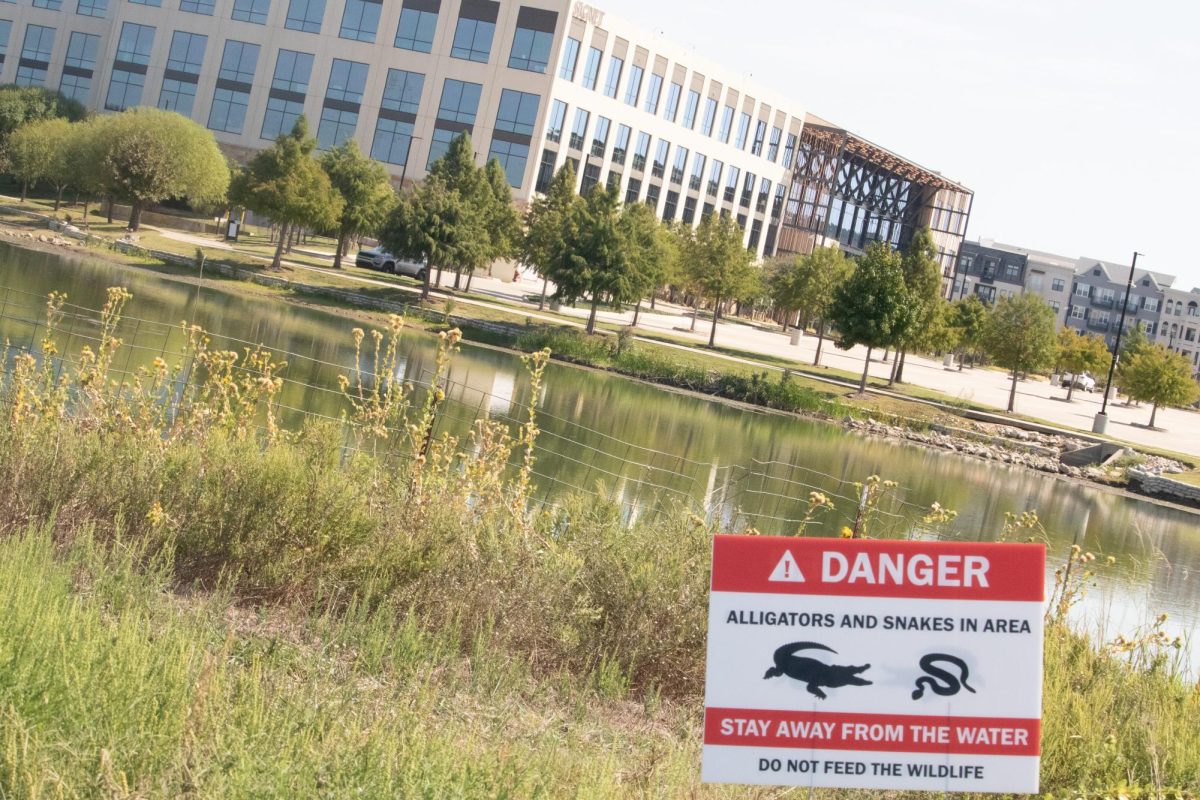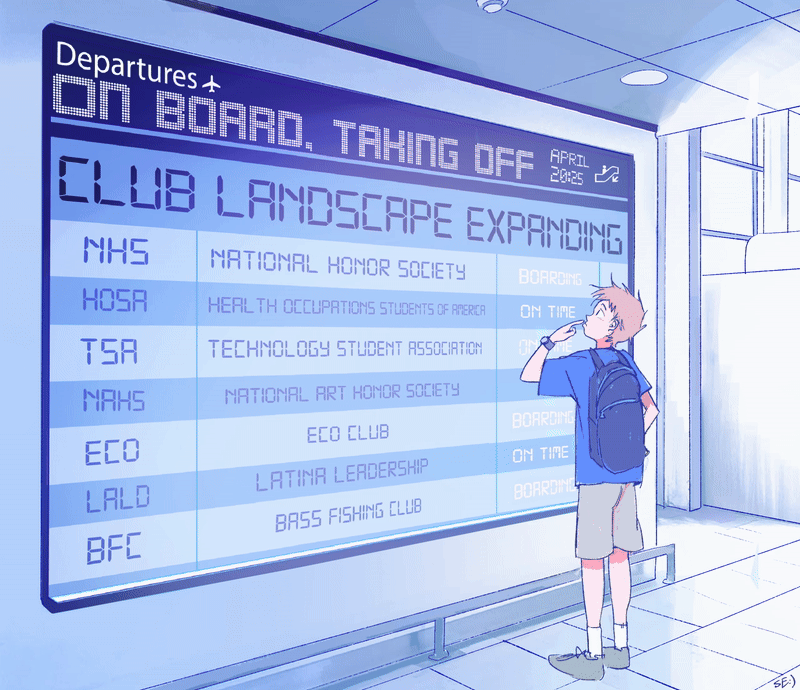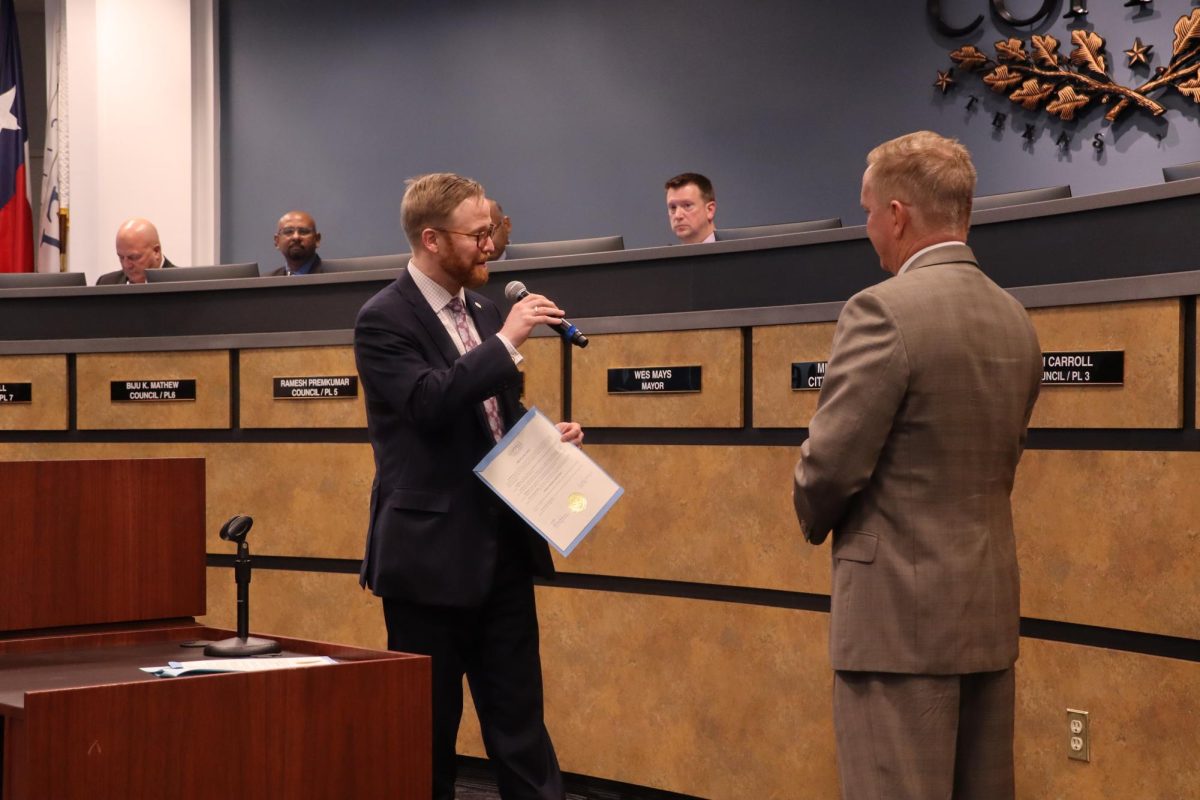When Coppell resident Johnny Ahrens was walking along Denton Creek, the last thing he expected to see was an alligator.
“I walked down to the creek and sure enough, there’s an alligator,” Ahrens said.
Coppell residents spotted alligators around the community during the summer, first in Denton Creek on July 12 and also in Cypress Waters on Aug. 2. The alligator has not been seen since.
“I never thought an alligator would show up in a place like Coppell,” Ahrens said.
These sightings were followed by signs popping up along the Cypress Waters trail warning people about possible alligator activity.
These sightings are not completely unexpected, as Coppell meets the habitat and temperature requirements for alligators. Dallas-Fort Worth wildlife biologist Sam Kieschnick said alligators are not uncommon in Texas.
“Alligators are indigenous to Texas, but in areas like Coppell they usually are scarce and hidden,” Kieschnick said. “However, alligators move around during flood times in the Trinity River.”
The alligator sightings have concerned residents.
“I’m not too worried about it attacking us, but it made me think twice about going to Cypress Waters,” Coppell resident Avik Gupta said.
To stay safe, the City of Coppell also posted an alligator warning in its Facebook, in addition to the Cypress Waters signs, telling residents to not “swim, fish, or enter water in Cypress Waters.”
Alligator attacks are very rare and usually a consequence of people feeding them.
Alligators are a regulated species and animal control are unable to remove the new reptilian resident without permission from Texas Parks and Wildlife.
Alligators do not pose any threats to Coppell native species. In fact, they eat some non-native species, such as nutria.
“I don’t expect massive populations, so the occasional alligator here is nothing of concern,” said Kieschnick.
Follow @CHSCampusNews on X.











